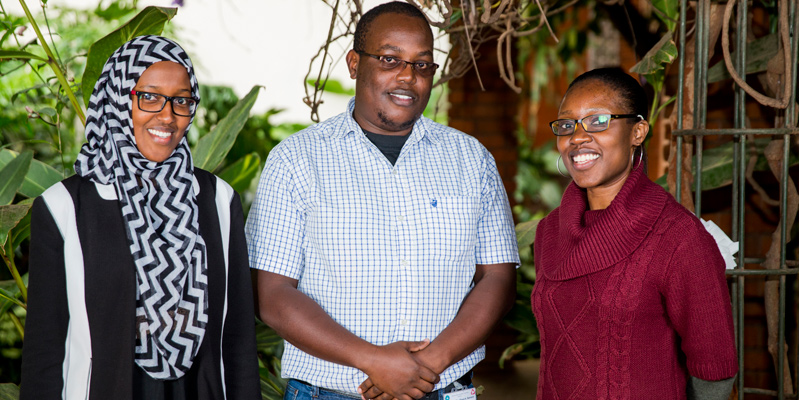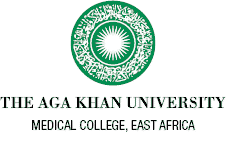About the Residency Program in Clinical Pathology

The clinical pathology residency is a four-year program with emphasis on patient service, laboratory management, teaching, and research. The residents rotate through the following sub-disciplines of pathology.
-
Haematology and blood transfusion
-
Chemical pathology
-
Microbiology
During their rotation through the various sections, residents are be expected to learn about administration of clinical laboratories, keep abreast of new technical methodologies, acquire proficiency in quality control procedures, liaise with other clinicians in the hospital and participate in teaching and the general day-to-day work within the clinical laboratory.
The academic activities include predominantly self-directed learning and involvement in teaching and active participation in research projects. The responsibilities are graded commensurate with the residency year and level of competence, first-year residents being given more practical and day-to-day work. As they go up the ladder, they are given additional responsibilities within the laboratory with increase teaching and research commitment. They are expected to participate in the postgraduate programme of the department and the clinical/academic meetings within the institution. The department encourages them to present their research findings at national/international meetings.
The program is supervised by the Department Residency Training Committee (DRTC) headed by the Program Director and the various discipline coordinators. Department Residency Training Committee will be composed of faculty members from the various divisions and a resident representative.
Selection Criteria
This is done initially by advertisement in the media. The applicant must hold MBChB or equivalent and they must have completed internship training in a recognized institution and registered as a medical practitioner by the Kenya Medical Practitioners and Dentists Board or another mutually recognized body.
A rigorous selection criterion is in place to ensure that the best candidates are selected to join the program.
Selected candidates are requested to attend a three-day orientation program arranged by the Director of Post Graduate Medical Education. This orientation is conducted by the Faculty, the Post Graduate Medical Office and by the Hospital administration during the month of January.
Goals and Objectives in Clinical Pathology
Program's Goal
The main goal of the Master of Medicine in clinical pathology is to achieve the highest level of competency in patient care, medical knowledge, practice-based learning and improvement in interpersonal and communication skills in this field.
Program Expectations
The four-year training and educational programme is designed to enable the graduate to:
-
Provide consultancy service in Chemical Pathology, Haematology, Medical Microbiology, and Immunopathology
-
Provide skills in the Principles of Laboratory Management and administration
-
Be competent to initiate research and also collaborate with clinical colleagues in undertaking research
-
To take responsibility for his/her continuing professional development and also for his own colleagues and staff
-
Have knowledge, skills, ethics and compassion with a sound orientation towards the community
-
Acquire knowledge of good principles and practices of laboratory medicine
-
Understand the role of internal and external quality control.
Duration of Study
The duration of the course is 4 years; full-time study with a maximum duration of 6 years allowing for the possibility of a maximum of 2 re-sits for the part I and part II examinations.
Evaluation of Residents' Performance
Evaluation of performance is based on an assessment of expected competencies. Workplace-based assessment that involves a process of constructive positive interaction between the learner and a member of the faculty is used to give feedback that builds medical expertise, effective communication, team work , and professionalism. Leadership skills, health advocacy, and scholarly activity are equally recognized. Written, oral and practical/skills examinations are administered as part of the continuous in-training as well as final assessments.


